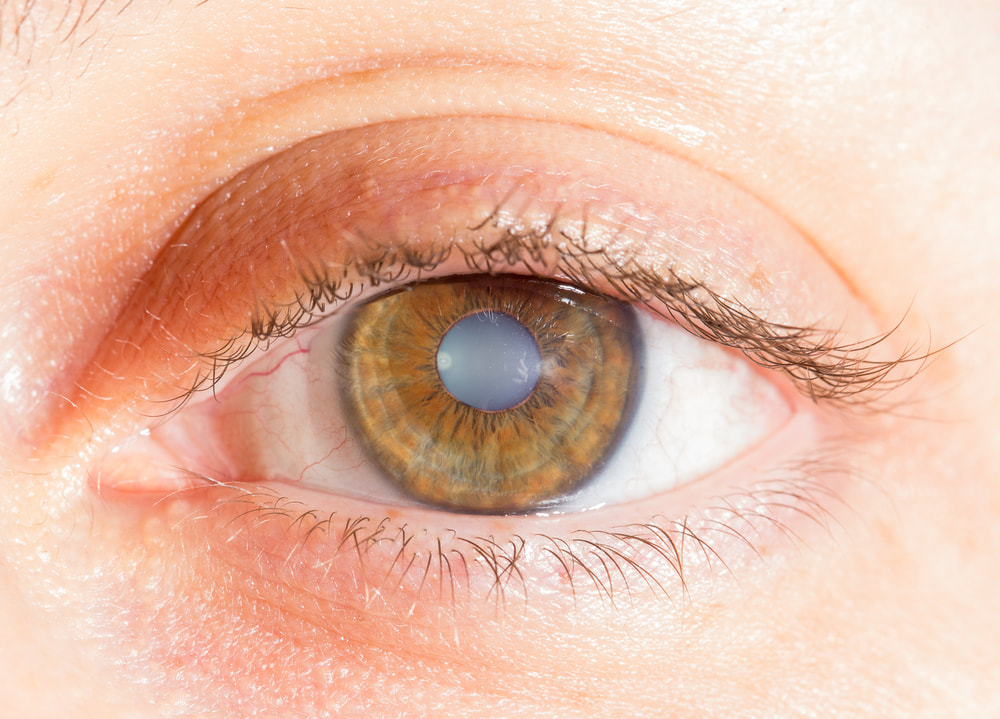Cataracts occur when the proteins in your natural lens deteriorate. This leads to a clouding of the lens. Symptoms may come on gradually and include:
Myth: Only older adults get cataracts.Fact: It is true that cataracts occur most often in older adults, but even adults under 40 can develop cataracts. Various diseases may increase the risk of cataracts at a younger age, including diabetes and other metabolic disorders. Use of some types of long-term medication may also increase the risk. Although it is rare, children can develop cataracts. Unlike adults, who mostly get cataracts due to aging, childhood cataracts are typically genetic. Kids can also develop cataracts due to eye injuries. Myth: There is nothing you can do to reduce your risk of cataracts.Fact: You may not be able to prevent cataracts completely, but there are steps you can take to reduce your risk. Ways to reduce your risk of cataracts include:
Myth: You always need treatment immediately when you have a cataract.Fact: A cataract often develops slowly over time. Most people need surgery when they have symptoms, but it is important to remember everyone is different. You should decide with your eye doctor when cataract surgery is right for you. Myth: Cataracts only occur due to aging.Fact: Age-related cataracts are the most common cause of the condition, but not the only cause. For example, an injury to the eye can damage the lens and lead to a cataract. The cataract can develop soon after the eye injury or develop years later. Cataracts can also occur after some types of radiation therapy for cancer treatment. Myth: Cataracts always cause symptoms right away.Fact: Some people with cataracts do not have symptoms in the early stages of the disease. They may receive a diagnosis through an eye exam. Vision changes may be slow to develop, but as the lens continues to age, symptoms may start, and you may notice a change in your vision. Myth: Cataracts are treatable with eye drops.Fact: Some people may confuse glaucoma treatment with cataract treatment. Most cases of glaucoma are treated with eye drops. However, there are no FDA-approved eye drop medications to treat cataracts. According to the American Academy of Ophthalmology, surgery is the only way to remove a cataract.
Who knows what the future holds for cataract treatment? Maybe researchers will develop new ways to treat the condition. If you have any questions about cataracts or any other eye health issue, we are happy to help. Also, if you would like to ask whether an appointment with one of our eye doctors would be appropriate at this time, call our office at 508-746-8600. Comments are closed.
|
EYE HEALTH BLOGCategories
All
Archives
July 2024
|
|
Kadrmas Eye Care New England
55 Commerce Way, Plymouth, MA 02360
14 Tobey Road, Wareham, MA 02571 133 Falmouth Road (Rt 28), Mashpee, MA 02649 |
Phone Number:
1-508-746-8600 Hours: Monday through Friday — 8 AM – 4:30 PM |


 RSS Feed
RSS Feed
